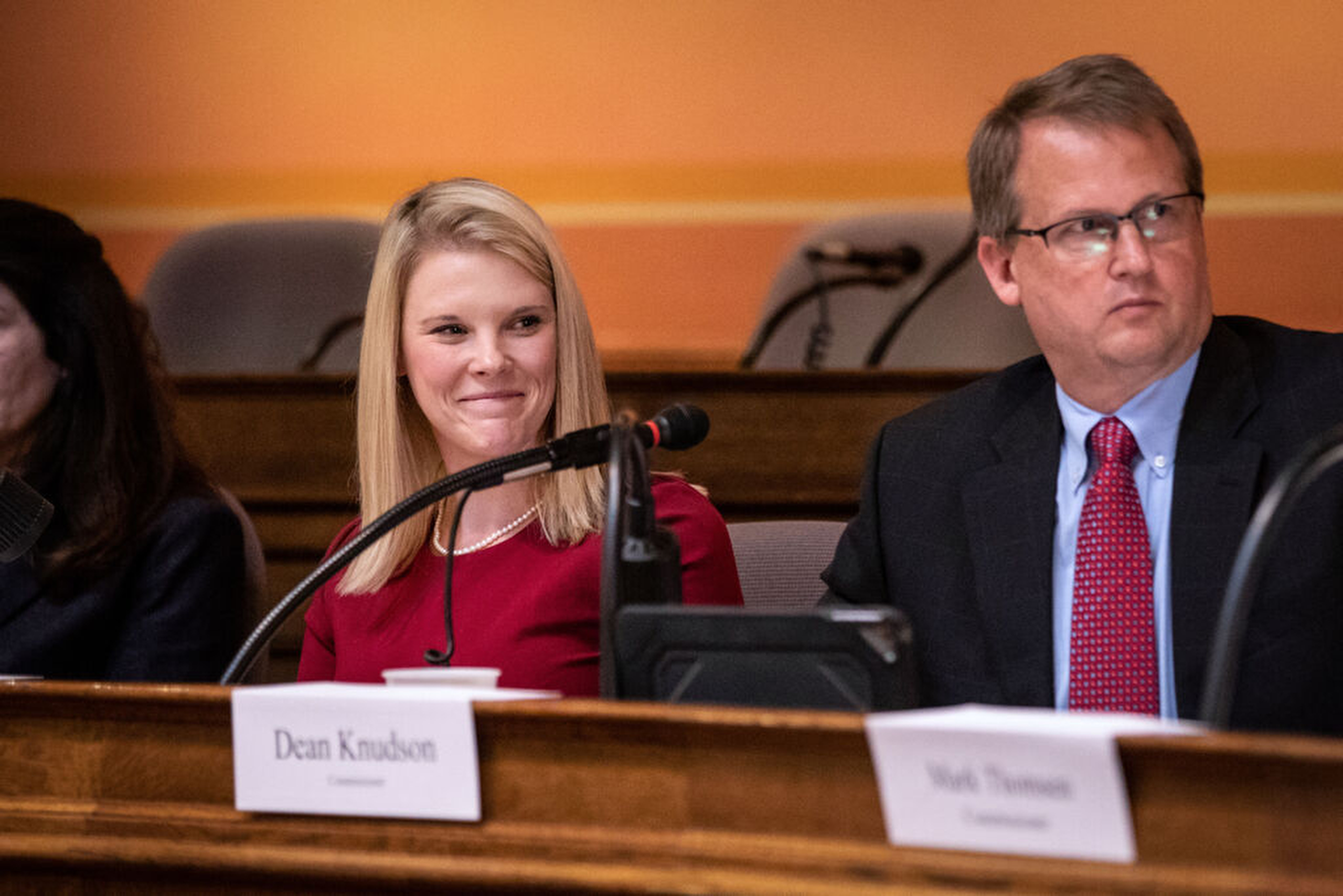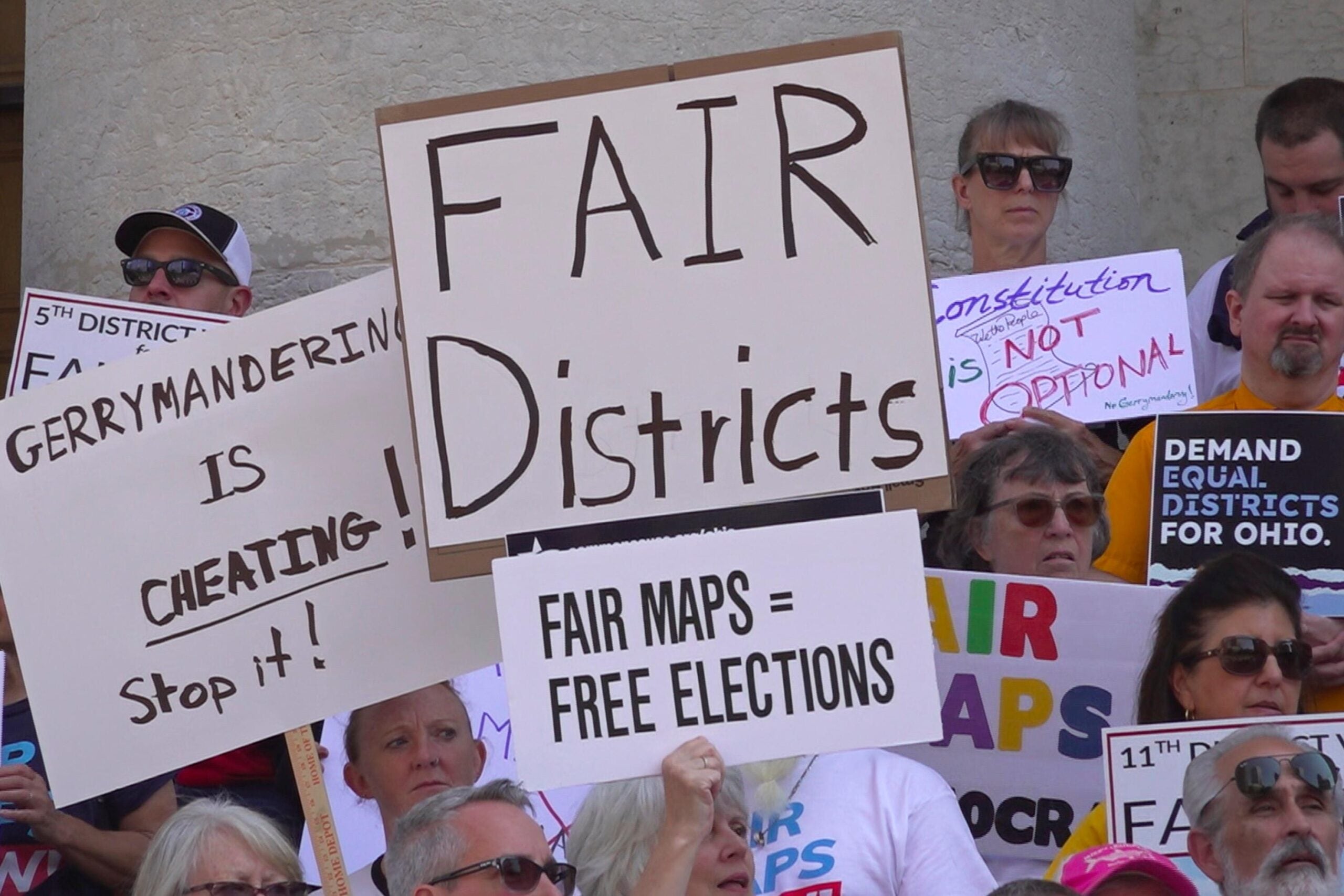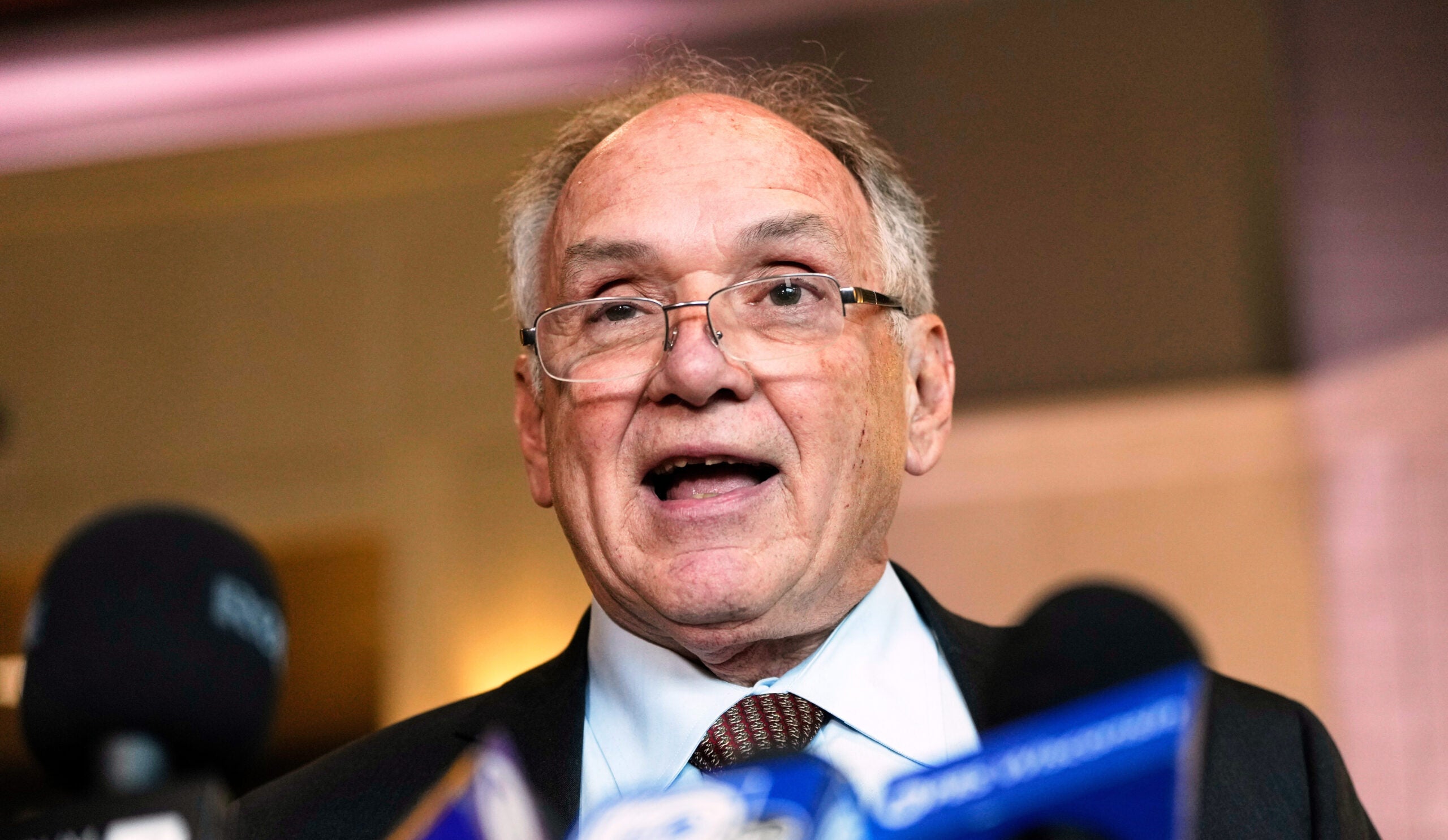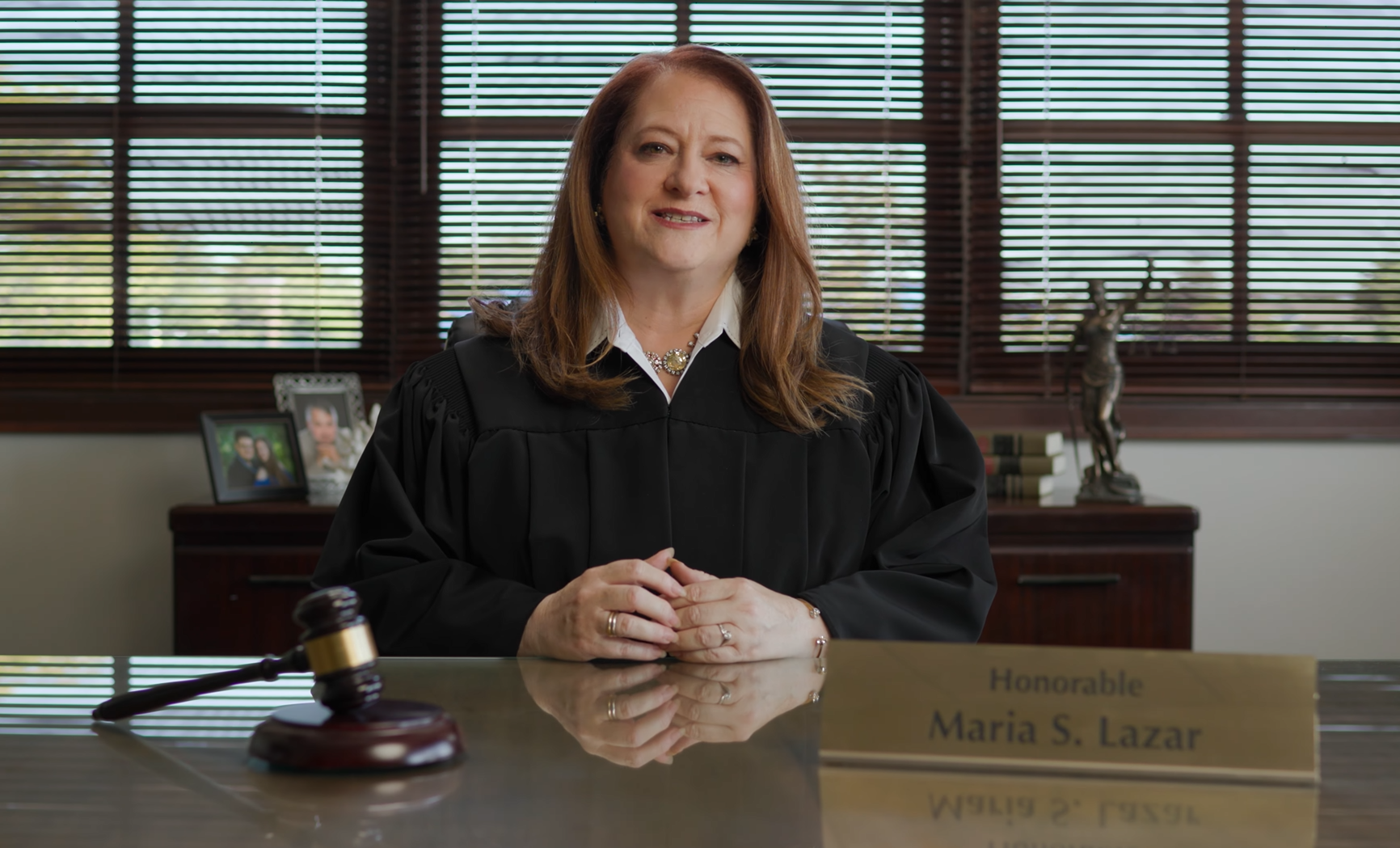The Wisconsin Supreme Court announced Wednesday that it will take up a case determining whether the state’s nonpartisan chief elections officer can stay in her role.
The case is part of a saga that extends back more than a year to when the term of Meagan Wolfe, administrator of the Wisconsin Elections Commission, expired last summer. She stayed on in a holdover position in a move backed by Democratic Attorney General Josh Kaul.
After Republicans in the state Legislature attempted to oust her by moving her name through an official nomination process and voting against her, Kaul called the whole process illegitimate and called on state courts to affirm that.
News with a little more humanity
WPR’s “Wisconsin Today” newsletter keeps you connected to the state you love without feeling overwhelmed. No paywall. No agenda. No corporate filter.
The state high court now says it will weigh in on the matter. Its order does not offer a timeline, including a date for oral arguments, and comes less than eight weeks out from a presidential election in which Wisconsin is expected to play a decisive role.
The winding battle to remove Wolfe took place over the course of several months last year, and was fueled by conspiracy theories leveled against Wolfe, who has served in the administrative position since 2019 and oversaw the 2020 presidential election. That election season faced unprecedented changes due to the Covid-19 pandemic, and later saw unprecedented challenges from the losing candidate, former President Donald Trump, and his allies.
Wolfe’s term expired on July 1 of last year. State legal officials, including Kaul, say if she does not step down she may remain in that role indefinitely. They cite a legal precedent set by a conservative court regarding a Republican governor’s appointee.
That persisted even as Republicans in the state Legislature mounted an effort to fire her, with some arguing she had lost the faith of the voting public. Last September, following a standard confirmation process that Democrats called illegitimate, Republicans who control the state Senate voted to fire her.
Following that Senate vote, Wolfe said she would continue working unless and until a court told her not to. Kaul filed suit asking for that court weigh in.
The suit names as defendants Republican legislative leaders Senate Majority Leader Devin LeMahieu, Assembly Speaker Robin Vos and Senate President Chris Kapenga.
In a lower court ruling in January, Dane County Circuit Court Judge Ann Peacock upheld Kaul’s argument, saying Wolfe may continue to work as a holdover and the Senate vote did not have any effect.
In the meantime, a breakout group of Republicans in the Assembly moved to impeach her, but faced headwinds from their own party leadership, who argued Wolfe should step down but they were moving on from the issue.
Wolfe’s name was also brought up by critics of Vos when they mounted a series of failed recall attempts on his Assembly seat. Some of those involved had previously criticized him for not supporting the decertification of the 2020 election, arguments for which were largely based on disproven claims of election fraud.
President Joe Biden narrowly won Wisconsin in 2020 by about 21,000 votes — an outcome that has been upheld by multiple investigations and lawsuits.
November’s election in battleground Wisconsin is expected to be similarly close, with presidential races in the state often decided by less than a percentage point. Elections experts have cautioned that, with state election law in constant flux, Wisconsin can expect to see challenges to its results once again.
The Wolfe case order came in the same week as the state supreme court heard oral arguments in two other elections-related cases, one which could determine whether mobile voting sites are allowed.
WPR did not receive immediate responses to requests for comment from LeMahieu, Vos, Kapenga and the Wisconsin Elections Commission.
Wisconsin Public Radio, © Copyright 2026, Board of Regents of the University of Wisconsin System and Wisconsin Educational Communications Board.







